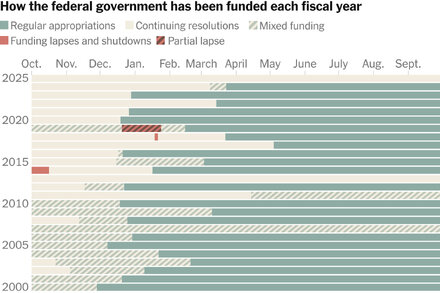Richard Osman, the bestselling author behind “The Thursday Murder Club” series, is advocating for a significant shift in how society perceives and discusses aging. Through his work and public commentary, Osman aims to challenge conventional stereotypes, highlighting the continued vitality, intelligence, and relevance of older individuals.
Osman’s popular mystery novels, featuring a group of septuagenarians solving crimes from their retirement village, have garnered widespread acclaim for their witty plots and, crucially, for their dynamic portrayal of elderly protagonists. These characters are far from frail or passive; instead, they are depicted as sharp, resourceful, and deeply engaged in their community and the world around them.
“There’s a prevailing narrative that suggests life loses its spark or purpose after a certain age, and frankly, it’s a narrative that needs urgent revision,” Osman recently remarked. “My characters, like many real-life older people, are vibrant, curious, and possess a lifetime of accumulated wisdom and experience that’s often overlooked. To dismiss them as ‘past their prime’ is to miss out on an enormous wellspring of talent and contribution.”
Challenging Ageism Through Narrative
The author’s approach serves as a literary counterpoint to ageist assumptions that often confine older adults to supporting roles or positions of diminished capacity. Instead, the members of the Thursday Murder Club—Joyce, Elizabeth, Ron, and Ibrahim—are the central figures, driving the plot with their diverse skills, ranging from former spycraft to psychological analysis and union organizing.
Osman’s call to rethink aging extends beyond the pages of his books. He emphasizes the importance of recognizing the ongoing contributions of older generations to families, communities, and the broader economy. By presenting older characters as complex, capable, and integral, he encourages readers to reconsider their own preconceived notions about what it means to age.
This perspective resonates with growing discussions about healthy aging, lifelong learning, and the importance of intergenerational engagement. Osman’s work suggests that rather than viewing later life as a period of decline, it can be a time of continued growth, purpose, and profound engagement with the world.
Source: Read the original article here.





